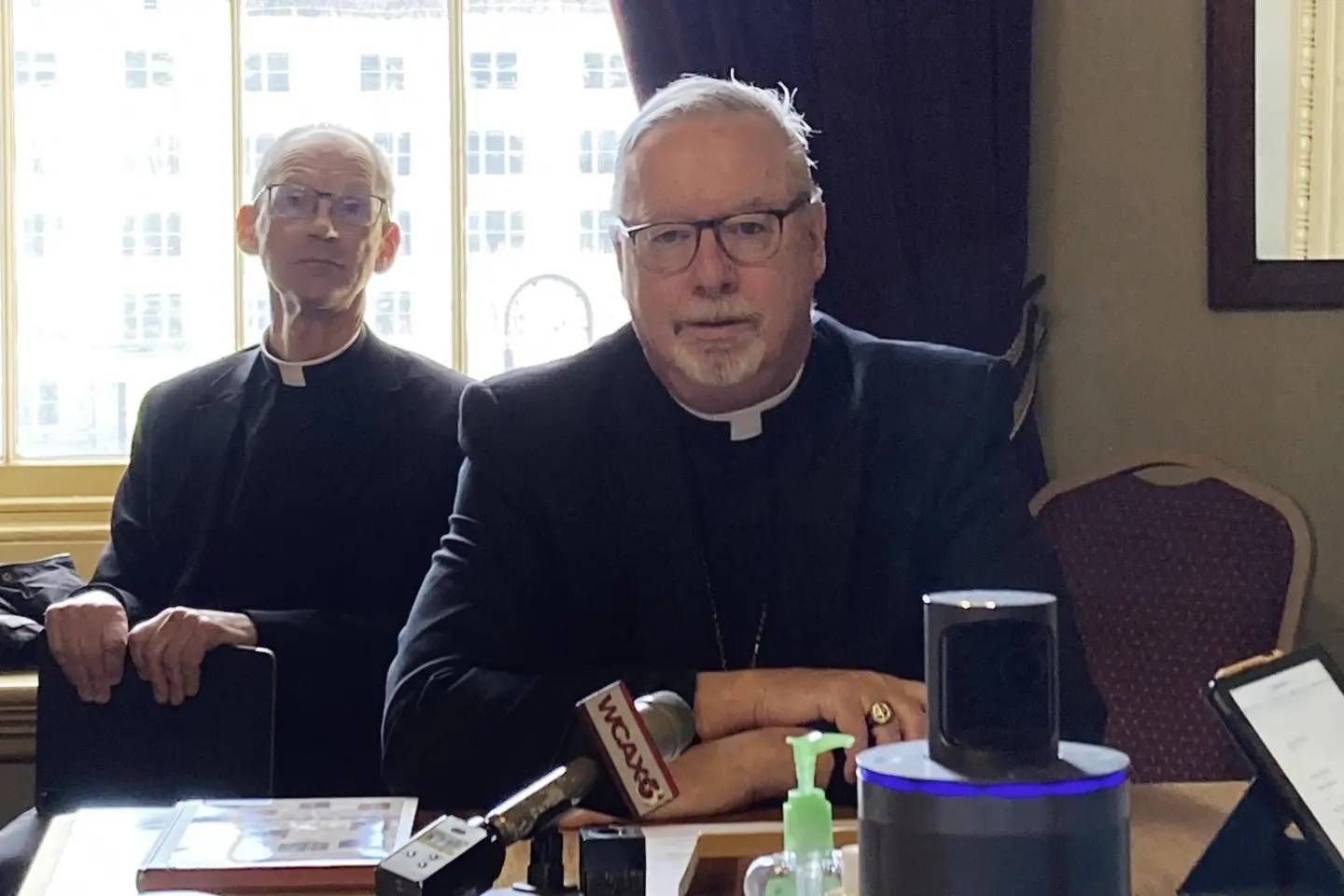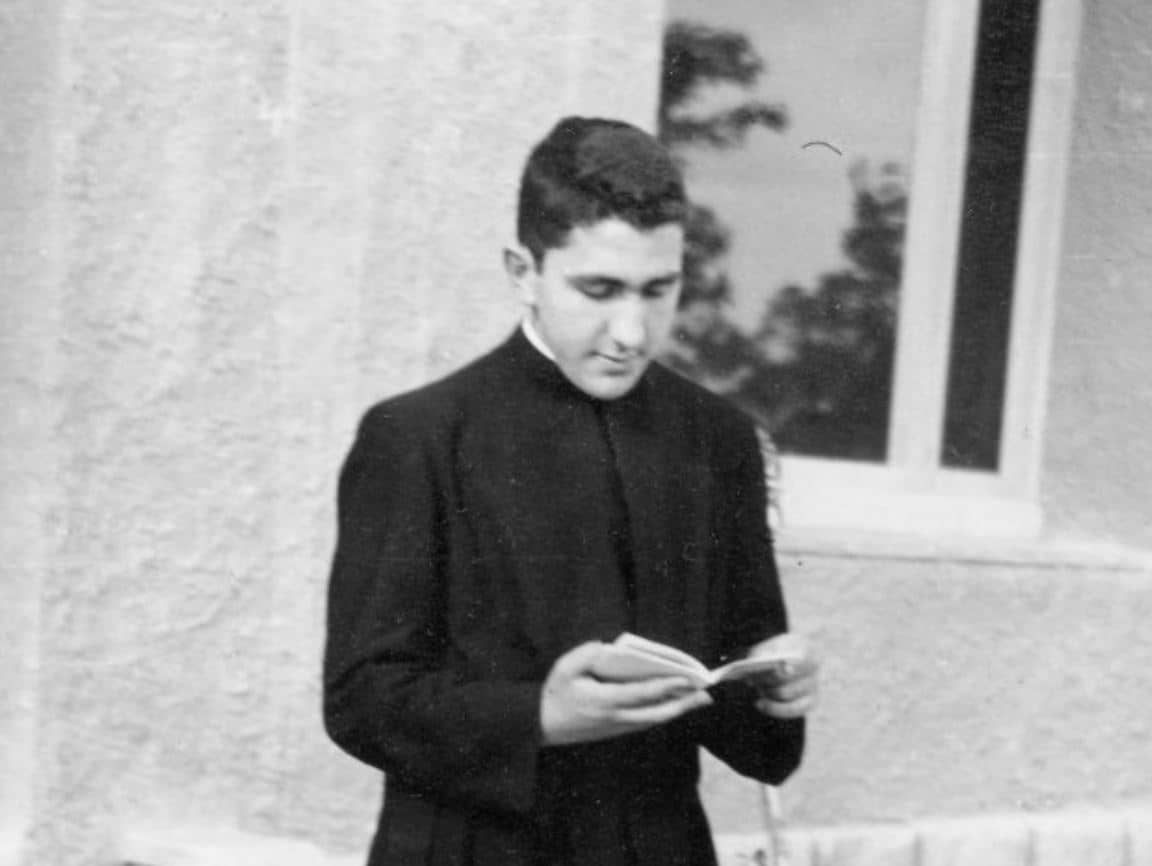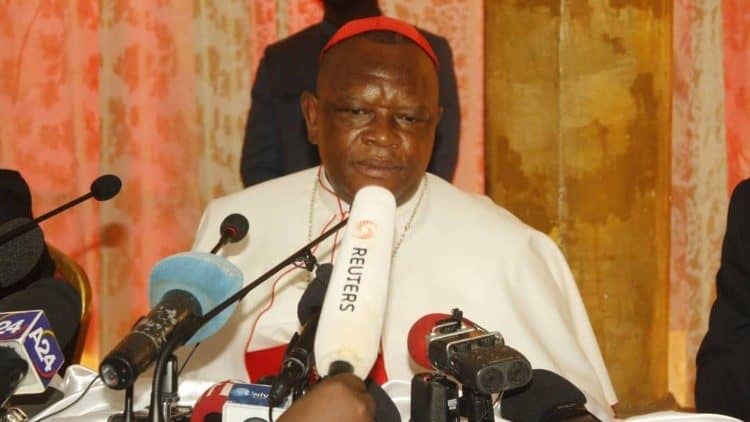During his trip to the United States, Pope Francis expressed his support for both the US bishops (by his words at the White House) and for the Little Sisters of the Poor (by his personal visit to their home) in their common effort to uphold religious freedom in this country. During his historic address at Philadelphia’s Independence Hall, he urged us to protect and support the rights of people of faith to bring their unique contributions to public life.
On March 23, this struggle for religious freedom will reach a pivotal moment. The Supreme Court will hear the case of the Little Sisters of the Poor and so many other religious ministries of service who seek nothing more than to participate fully in society, with integrity, as people of faith.
The Little Sisters submit that the Religious Freedom Restoration Act exempts them from HHS regulations mandating coverage of abortion-inducing drugs, contraceptives, and sterilization, because their religious convictions prohibit them from facilitating the use of such drugs and devices. The Little Sisters have demonstrated what they sincerely believe, and the government has allowed exemptions to the mandate for large non-religious corporations, like Pepsi, for secular reasons. Furthermore, the “accommodation” that the government has proposed does not take the burden off of the Sisters, because it still involves the Sisters in the facilitation of acts they consider immoral.
The Little Sisters of the Poor are dedicated to serving the elderly poor in nursing homes across the country. The Little Sisters do this because they are followers of Jesus Christ, who commands his disciples to feed the hungry, clothe the naked, and take care of the sick. The Catholic Church calls these works corporal (or bodily) works of mercy. The Little Sisters take Jesus’ command seriously, and in turn, they provide an important service in this country.
The United States enjoys a tradition of pluralism. It hasn’t been perfect. Victims of religious intolerance populate our history books, and yet we have worked and made steps toward a more tolerant and free society. Pluralism means that a plurality of groups participate in the broader culture, bringing their unique contributions to bear on public life. Pluralism means that we don’t build walls of separation between faith and humanitarian service. Pluralism means that the Little Sisters are free to contribute their service to the poor, precisely as Catholic Christians.
The Catholic faith motivates the Little Sisters to care for the elderly poor. It is simply unreasonable for government to demand that the Sisters violate their consciences and put a wall between their faith and their good works. This violates their integrity, their core freedom to define their ministry and mission. Let us hope – for the sake of all people of good will whose consciences could someday be called into question, should the government win – that the Little Sisters find favor with the Supreme Court on March 23.
Archbishop William E. Lori of Baltimore is chairman of the Ad Hoc Committee for Religious Liberty of the United States Conference of Catholic Bishops.














